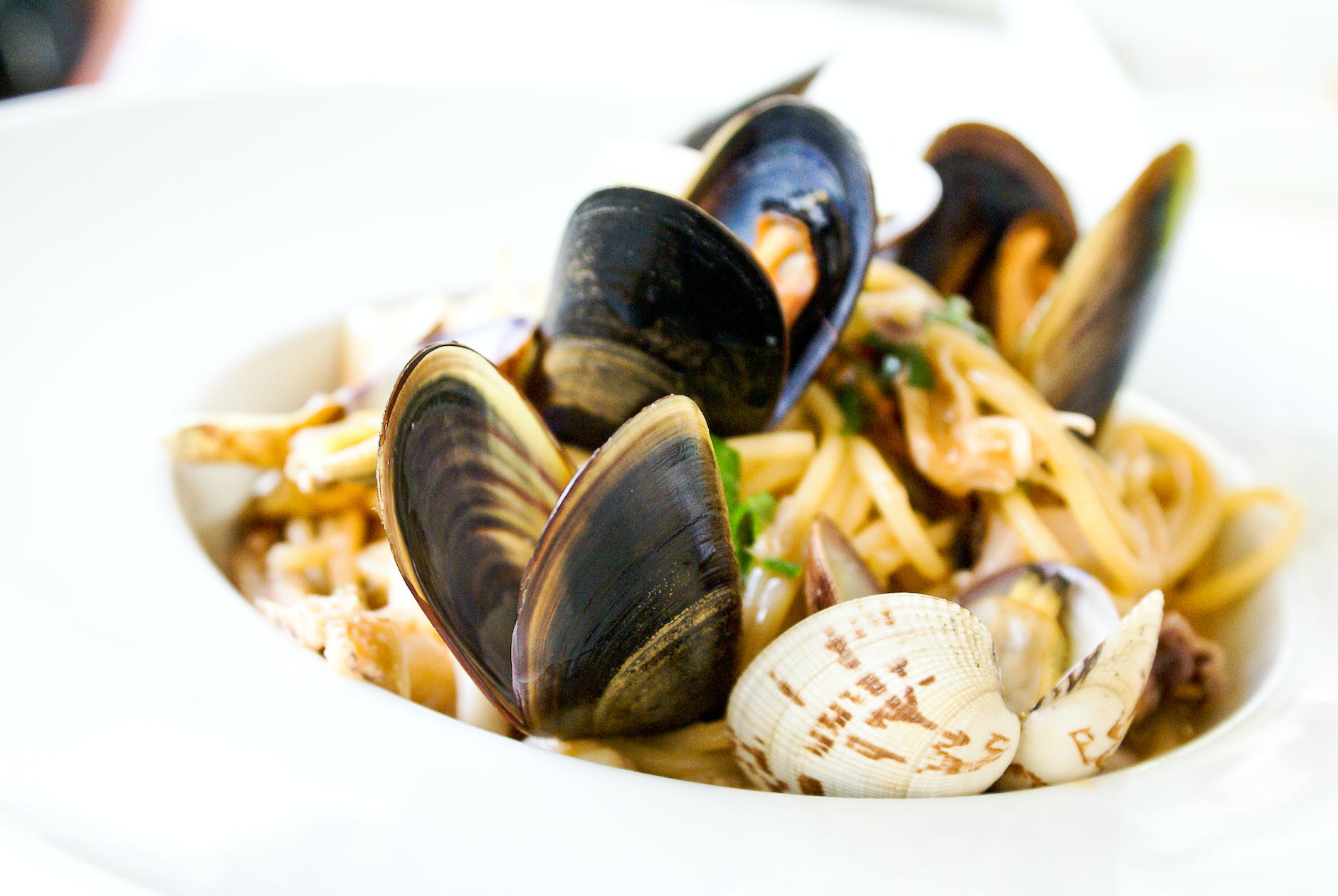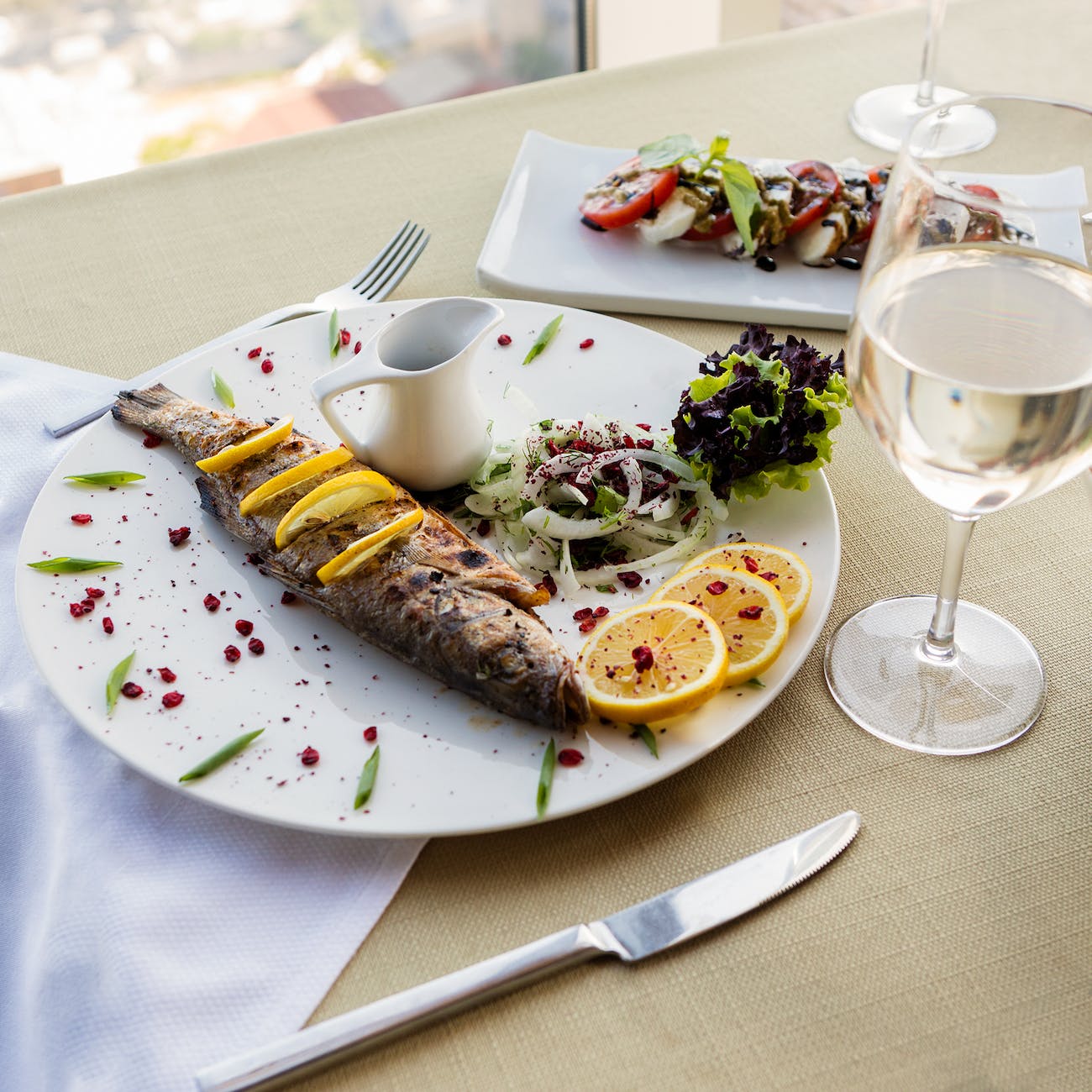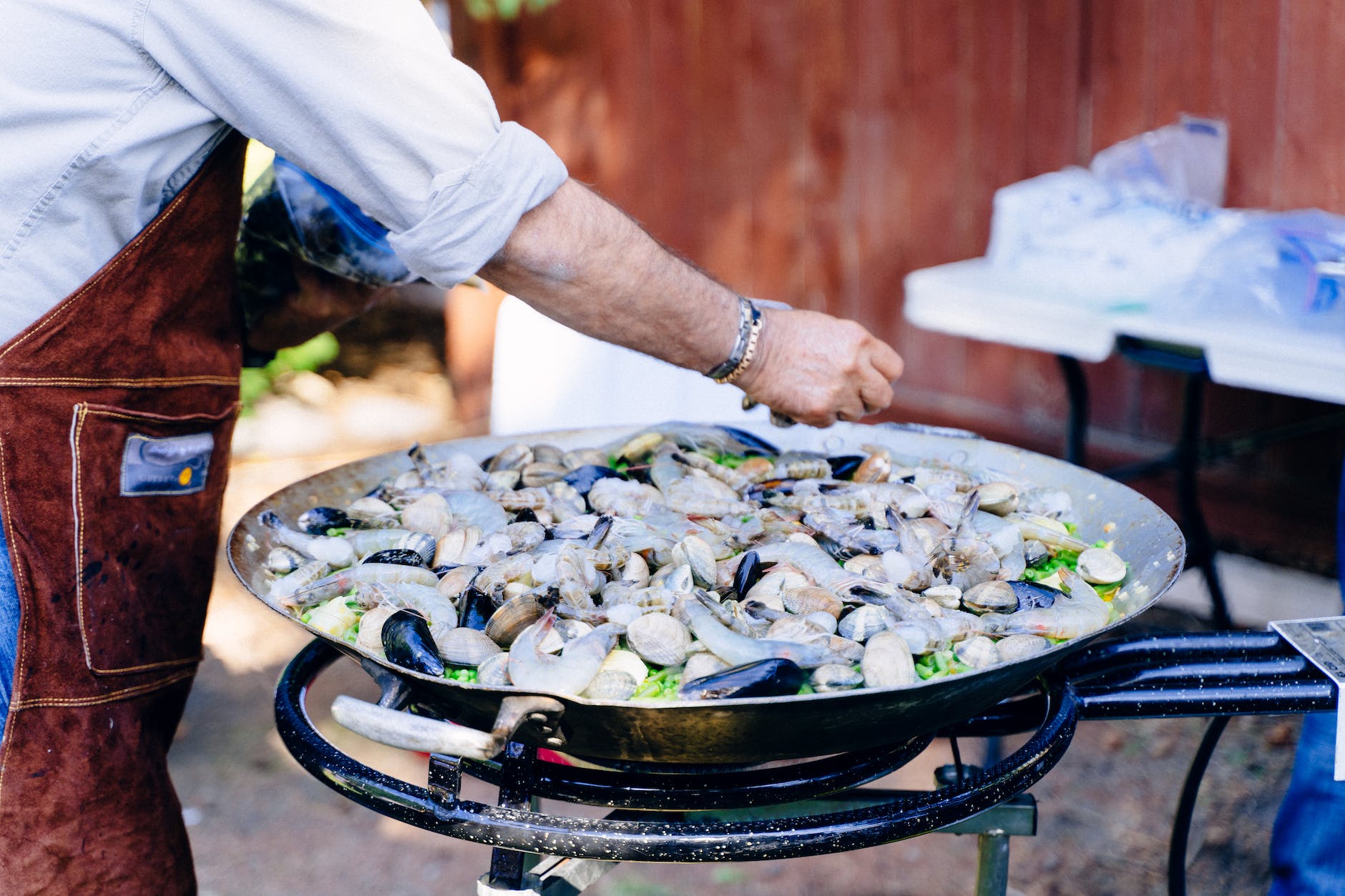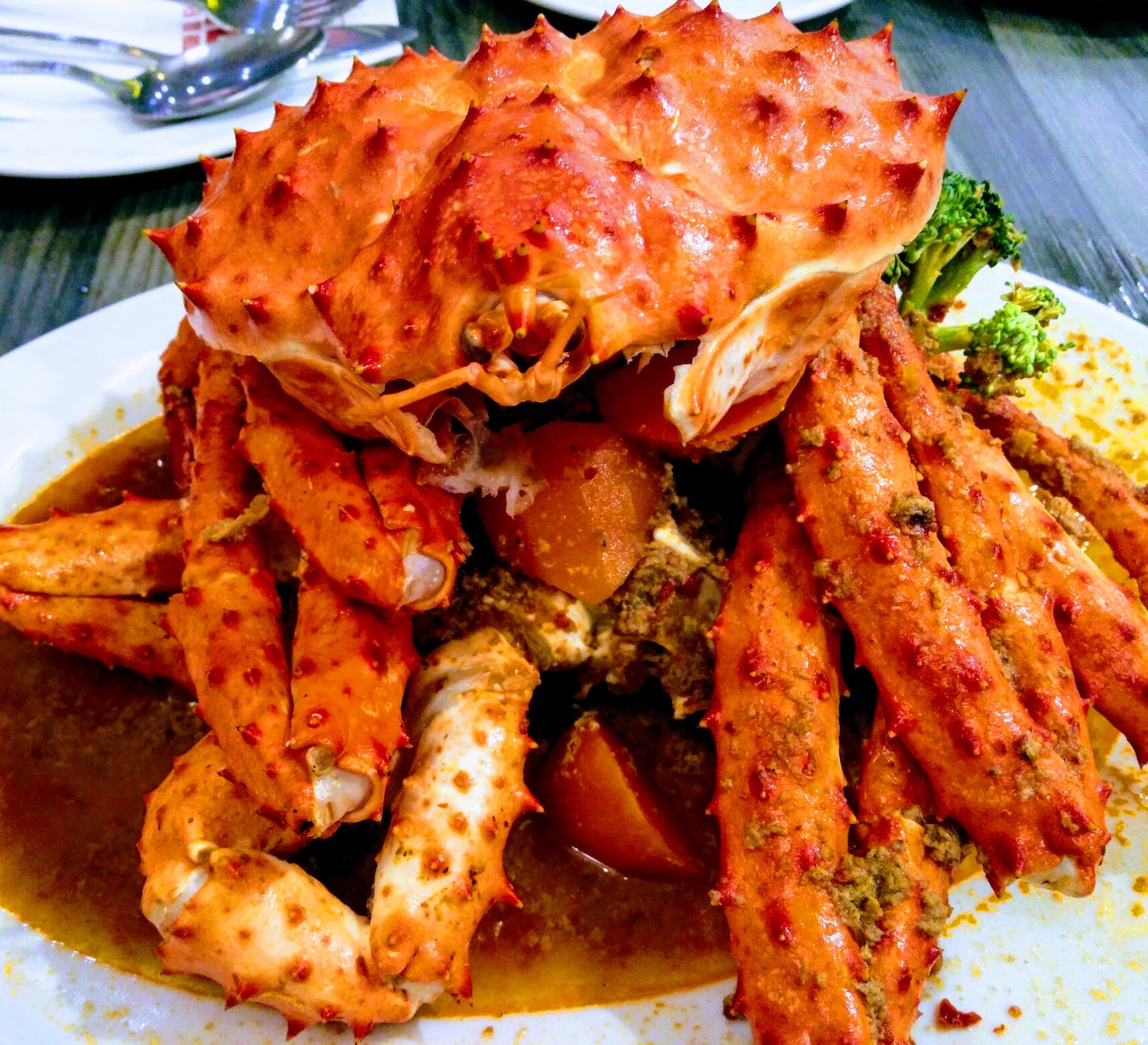
Mussels, with their unique taste and texture, have been a staple in many coastal cuisines around the world. These bivalve mollusks, often cooked in aromatic broths or paired with pasta, offer not just culinary delight but also a range of health benefits. But when it comes to pregnancy, many women are left wondering about the safety of indulging in these shellfish. Let’s explore the world of mussels during pregnancy, shedding light on their nutritional value, potential risks, and consumption guidelines.
The Nutritional Powerhouse: Mussels
Mussels are more than just a tasty treat; they’re a nutritional powerhouse:
- Protein-packed: Mussels provide a significant amount of protein, which is crucial for the growth and development of the fetus.
- Rich in Omega-3s: Just like salmon and tuna, mussels are a good source of omega-3 fatty acids, essential for brain and eye development in babies.
- Vitamin and Mineral Treasure: Mussels are rich in vitamins like B12 and minerals such as zinc, selenium, and iron. These nutrients play a vital role in energy production, immune function, and preventing anemia during pregnancy.
- Low in Mercury: Unlike some other seafood, mussels generally have low mercury levels, making them a safer choice during pregnancy.
Potential Concerns with Mussels
While mussels offer numerous health benefits, there are certain concerns to be aware of:
- Bacterial Contamination: Raw or undercooked mussels can harbor harmful bacteria. It’s essential to cook them thoroughly to avoid any potential health risks.
- Toxin Accumulation: Mussels, like clams and oysters, can accumulate toxins if sourced from polluted waters. Always ensure you’re buying from reputable suppliers.
- Allergic Reactions: Some individuals might be allergic to shellfish, including mussels. If you’ve had allergic reactions in the past, it’s best to consult with your healthcare provider before consuming mussels during pregnancy.
Guidelines for Consuming Mussels Safely
- Thorough Cooking: Mussels should be cooked until their shells open. Any mussel that doesn’t open after cooking should be discarded.
- Freshness is Key: Always buy fresh mussels. They should have a pleasant sea aroma. If they smell off or overly fishy, they might not be fresh.
- Moderation: While mussels are beneficial, it’s always good to consume them in moderation. Incorporate a variety of protein sources in your diet for a balanced nutritional intake.
Culinary Adventures with Mussels
- Mussels in White Wine Sauce: A classic dish where mussels are simmered in a garlic, herb, and white wine broth. Perfect with a side of crusty bread.
- Mussel Pasta: Combine cooked mussels with pasta, cherry tomatoes, and a dash of chili for a delightful meal.
- Grilled Mussels: Marinate mussels in garlic, herbs, and olive oil and grill them for a smoky flavor.
Frequently Asked Questions (FAQs) about Mussels and Pregnancy
Q: Are mussels high in mercury like some other seafood?
A: No, mussels generally have low mercury levels, making them a safer choice during pregnancy, similar to salmon and cod.
Q: I’ve heard about the risk of toxins in mussels. How can I avoid this?
A: To minimize the risk of toxins, always buy mussels from reputable suppliers and ensure they come from unpolluted waters. Cooking mussels thoroughly also helps reduce potential risks.
Q: Can I eat mussels raw during pregnancy?
A: It’s best to avoid raw mussels during pregnancy due to the risk of bacterial contamination. Always opt for thoroughly cooked mussels.
Q: How can I tell if the mussels I’ve bought are fresh?
A: Fresh mussels should have a pleasant sea aroma. If they smell off or overly fishy, they might not be fresh. Also, their shells should be tightly closed or close when tapped.
Q: Are there any specific mussel dishes that are particularly beneficial during pregnancy?
A: Dishes where mussels are cooked thoroughly, like mussels in white wine sauce or mussel pasta, are both delicious and safe for expectant mothers.
Q: How often can I eat mussels during pregnancy?
A: While mussels are nutritious, it’s always good to consume them in moderation. Incorporate a variety of protein sources in your diet for a balanced nutritional intake.
Seafood and Pregnancy: A Comprehensive Overview
Seafood offers a plethora of health benefits, especially during pregnancy. However, it’s essential to make informed choices to ensure the safety of both the mother and the baby. Here’s a quick overview of various seafood options and their implications during pregnancy:
- Tuna: A popular fish, but concerns about mercury levels make it essential to choose the right type and consume in moderation. Read more.
- Oysters: These mollusks are rich in zinc but come with their set of concerns, especially when consumed raw. Dive deeper into the topic here.
- Shrimp: A low-mercury seafood option that’s safe when cooked properly. Discover more about shrimp and pregnancy.
- Lobster: Another shellfish that’s safe during pregnancy when sourced from clean waters and cooked well. Explore the intricacies of lobster and pregnancy.
- Salmon: A fatty fish known for its omega-3 content, salmon is a top choice during pregnancy. Unravel the benefits and safety guidelines here.
- Cod: A white fish that’s low in mercury and safe for expectant mothers. Learn more about cod during pregnancy.
- Clams: These bivalve mollusks are not just delicious but also nutritionally dense, making them a worthy addition to a pregnancy diet. Read the full guide on clams and pregnancy.
- Mussels: These shellfish offer a range of health benefits and are generally safe when cooked properly. Discover the world of mussels during pregnancy.
Making informed seafood choices during pregnancy ensures you reap the benefits while minimizing potential risks. Always consult with your healthcare provider and stay updated with trusted sources.
In conclusion, mussels, when sourced responsibly and cooked well, can be a delightful and nutritious addition to a pregnancy diet. As always, it’s essential to stay informed, make wise choices, and consult with your healthcare provider regarding any dietary concerns.
Related Reads:
- The Comprehensive Guide to Seafood and Pregnancy
- Shrimp and Pregnancy: What You Need to Know
- Lobster: A Safe Choice During Pregnancy?
- Cod and Pregnancy: A Deep Dive
Blog Tags:
Mussels and Pregnancy, Seafood Safety, Nutritional Benefits of Mussels, Cooking Mussels Safely, Pregnancy Diet Recommendations, Low-Mercury Seafood, Omega-3s in Mussels, Sustainable Seafood Choices, Mussel Dishes during Pregnancy, Seafood and Fetal Development.












